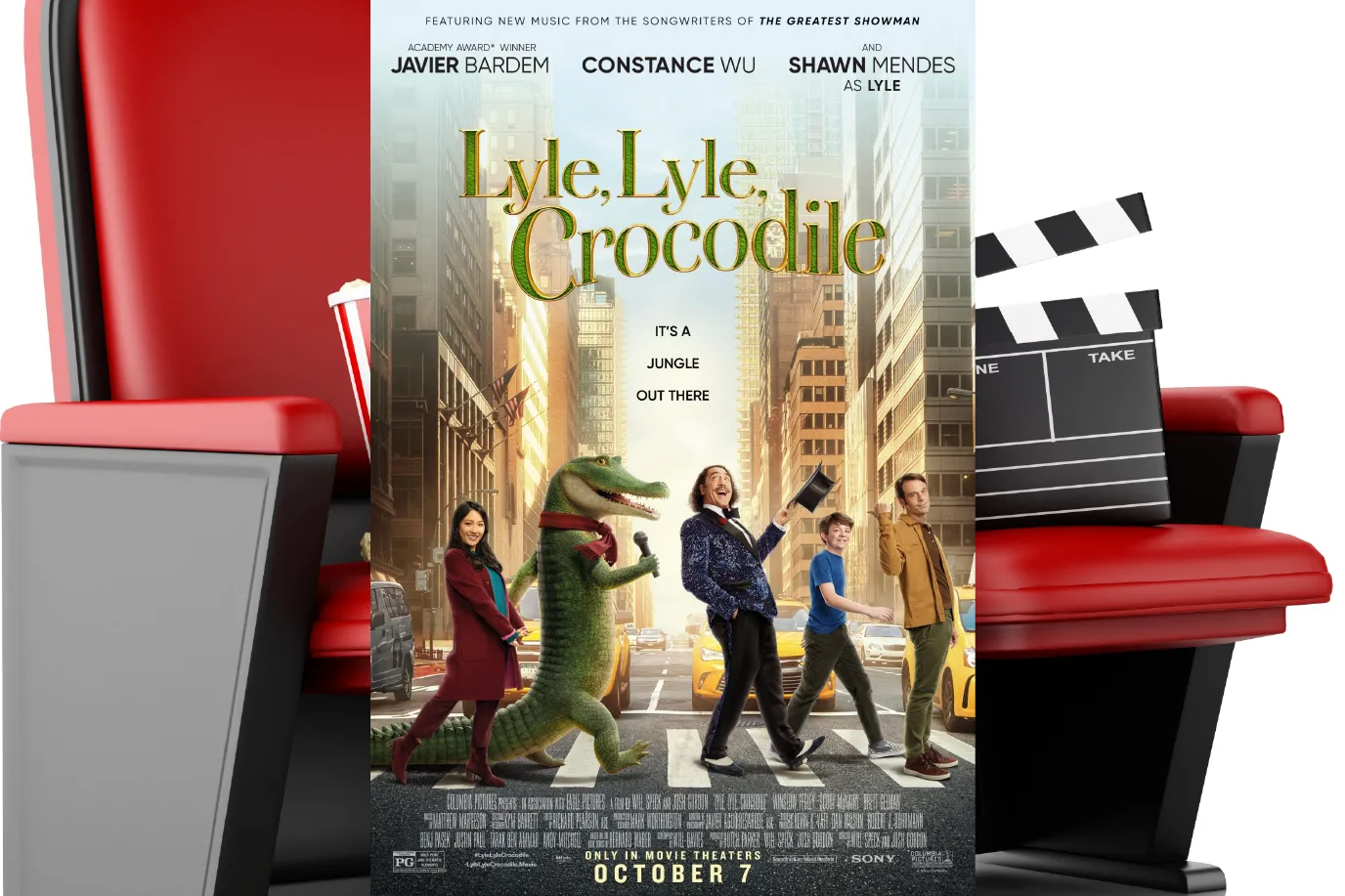
Movie Review - The Post
It’s hard to talk about “The Post” without talking about how the film is clearly trying to dominate awards season. A good place to start is with the Oscar pedigree among its cast and crew. Tom Hanks is a five-time Best Actor nominee, famously winning two years in a row in the mid-90’s. Meryl Streep is a 20-time nominee, winning three times. Producer and Director Steven Spielberg is a 16-time nominee, winning three times and also receiving the special Irving G. Thalberg Memorial Award. Composer John Williams is a 50-time nominee, winning five times, twice being nominated three times in the same year. These are just the most well-known among the film’s multi-time winners, the takeaway being that Oscar history is very much on this film’s side.
Speaking of history, the film takes place in 1971 when women weren’t fully respected in the business world, many media outlets were at odds with the President, and phones were clunky and grounded. Things are different with phones now. A man named Daniel Ellsberg (Matthew Rhys) steals a government report on U.S./Vietnam relations, strips it of its Top Secret classification, and leaks it to the press. The New York Times is first to publish the salacious details, but Nixon gets an injunction temporarily preventing them from publishing any further. Can The Washington Post pick up the story and run with it without getting destroyed in the process?
Two major players in the drama are Post owner Katharine Graham (Streep) and editor in chief Ben Bradlee (Hanks). Both believe they have a responsibility to run the story, but naturally there are obstacles, especially with Graham. She recently inherited the paper from her late husband, who inherited it from her father, making it her family’s legacy. She’s trying to take the company public, but investors are skittish about her gender and inexperience, mostly her gender. She’s also friends with former Secretary of Defense Robert McNamara (Bruce Greenwood), who doesn’t want the unflattering report published, but Bradlee insists that journalistic integrity supersedes the friendship. Then there’s a thorny legal issue involving running a story with the same source as The Times, which could result in Graham and Bradlee going to prison. Those nervous investors (can’t forget about them) would surely pull out if that happened.
“The Post” is an intense, loving tribute to the hardworking men and women of the newspaper business. It is reminiscent of “Spotlight,” the Best Picture winner from two years ago, not to mention “All the President’s Men.” Speaking of which, the film ends with the beginnings of that other time the Nixon White House clashed with The Post. It’s not often that historical dramas end in sequel-baiting. It should come as no surprise that I think the film is deftly handled. It’s Spielberg, Hanks, and Streep in a film where I didn’t pick up on any major missteps, so of course I’m going to love it. You’ll probably love it too. Even if you don’t find business and politics particularly interesting, it’s hard not to get swept up in the action, dialogue, and performances. Yes, the film hits all those beats that movies that are blatantly trying to win Oscars are known to hit, with conflict and hardship and inspiration and overcoming adversity at just the right moments. Some will say that the film just follows a formula, but it’s a winning formula, and the team behind “The Post” are masters of the formula.
Grade: A-
“The Post” is rated PG-13 for language and brief war violence. Its running time is 116 minutes.
NOTE: I saw “Paddington 2” this weekend, and was hoping that it would do enough business to justify a review. Alas, it finished in 7th place at the weekend box office. But it is an absolutely delightful family movie, worthy of your time and business even without kids. I would have given it a solid A. Hopefully the film’s excellent word-of-mouth will spread enough to warrant a proper review in the coming weeks, but for now please know that it has my highest recommendation.
Contact Bob Garver at rrg251@nyu.edu.














